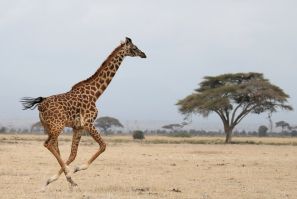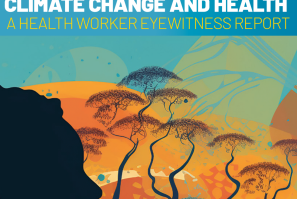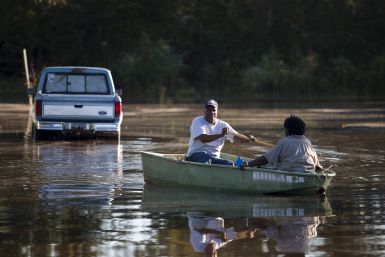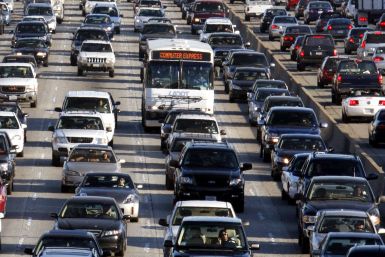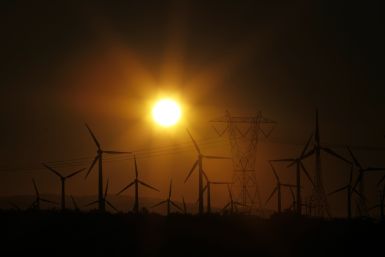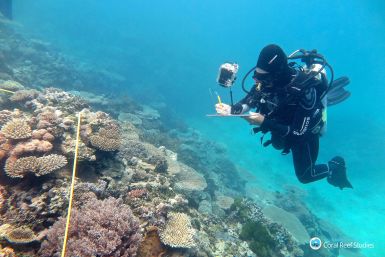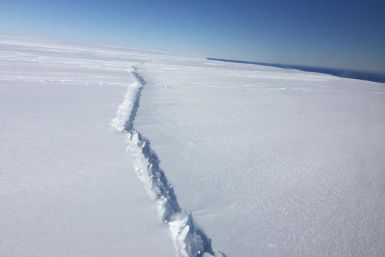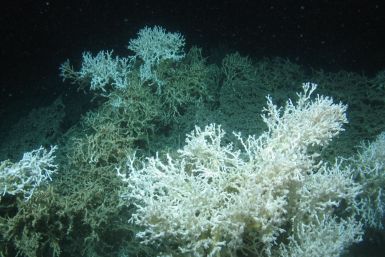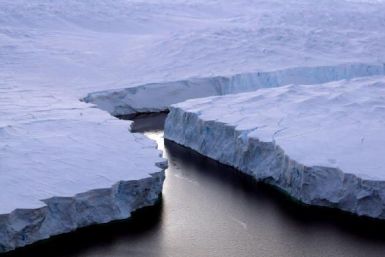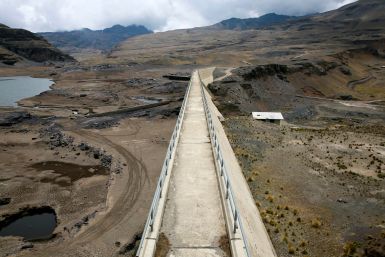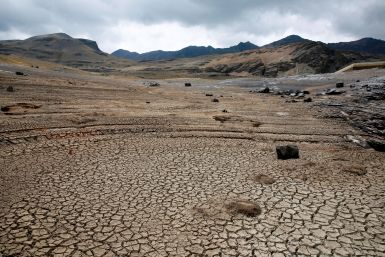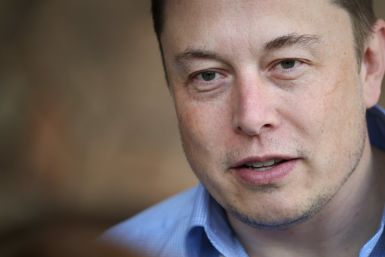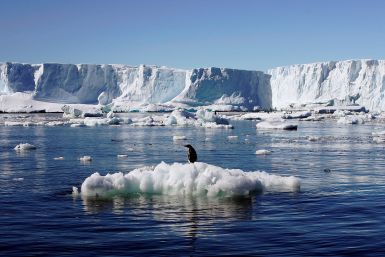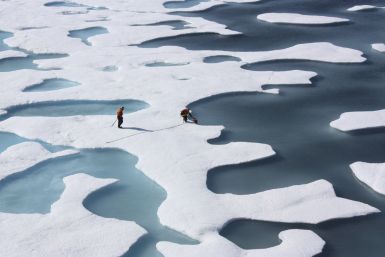The rain events come as a result of climate change effects and will hit the U.S. coasts hardest.
With the effects of climate change mounting, there will be more and more people displaced by the environmental conditions.
Four major cities will remove diesel cars by 2025, while U.S. local leaders at the C40 Mayors Summit called on Donald Trump to address climate change.
Many were quick to point out that the article, which criticized climate change “alarmists” in the “mainstream media,” made assertions that were unscientific and misleading.
A new study found that farm chemicals and sediment are big threats to the reef.
Google partners with Time to collate NASA images to trace how Earth has changed over the past three decades.
Trump will have a lot of room to reshape the EPA but a former administrator says there could be snags.
Hot waters in 2016 contributed to the largest die-off of corals ever recorded on Australia’s Great Barrier Reef, scientists say, with the most impacted zone stretching about 435 miles.
Analysis of satellite images revealed a troubling trend with the Pine Island Glacier, already known to be one of the fastest melting glaciers in Antarctica.
Researchers have found that deep-sea corals in the North Atlantic are now under threat from climate change-caused rise in average winter temperatures in Western Europe.
The sea ice around the South Pole has mostly grown in the last 30 years even as the polar ice cap in the Arctic has been shrinking fast.
Under the Donald Trump administration, NASA may see its research on climate change cut. A report from the Guardian cites a Trump advisor who says Trump will focus on space exploration.
A Florida town became the 20th U.S. city to commit to using entirely renewable energy.
President-elect Donald Trump on Tuesday condemned the support of the alt-right and that of the movement’s prominent leader, Richard Spencer.
The president-elect allowed there may be a link between human activity and global warming, but his position will be driven by the impact on U.S. businesses.
Global warming has contributed to a drought that has left large parts of Bolivia without water for three days at a time.
A new survey conducted by the Pew Research Center found that 56 percent of those surveyed believe the real estate mogul is likely to have a successful first term.
As concerns loom large that President-elect Donald Trump will pull the U.S. out of the Paris Agreement, China is sticking fast to its commitments to reduce greenhouse gas emissions.
Elon Musk says a Donald Trump presidency is not a concern for Tesla and says eliminating ZEV credits could actually boost Tesla’s competitive advantage.
The six-month night has set in over the Arctic while the Antarctic has entered its half-year summer.
The oil giant argues that the officials targeted them for a fraud investigation for biased reasons.
The warm weather is hindering the formation of ice sheets in the region, which is occurring at a pace slower than what is normally seen.







